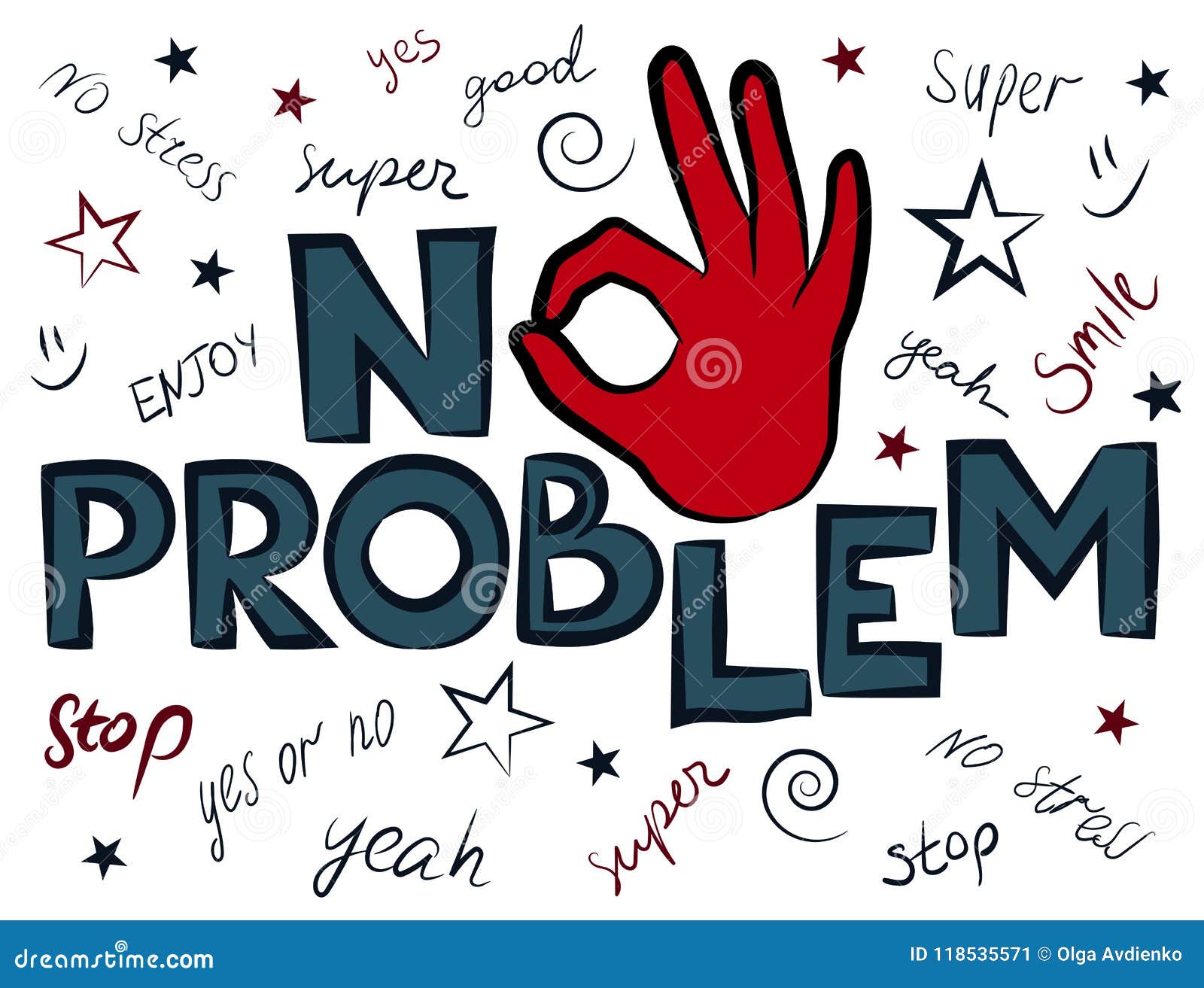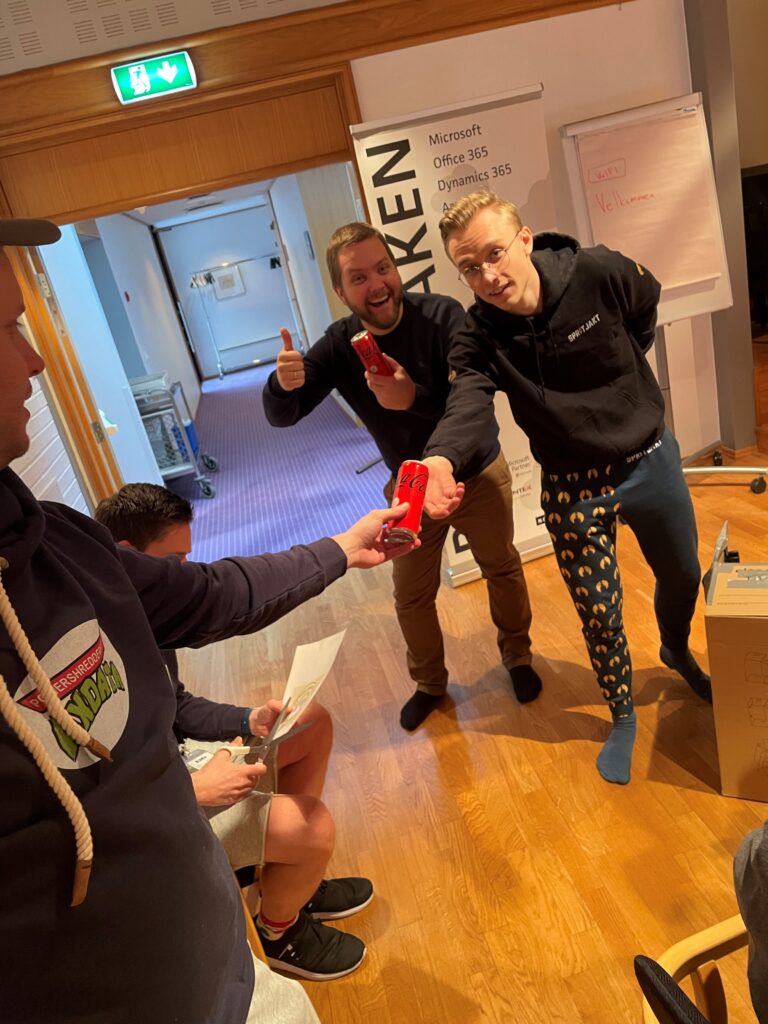Of Course No Problem
Of Course No Problem - You only have to ask. Web there are many ways to use of course in everyday speech. Web “no problem!” “no worries!” “anytime!” “of course!” “sure thing!” “uh huh!” these are some of the many ways people commonly respond to “thank you.” but what happened to the classic “you’re welcome”? It feels slightly more ambitious. Many people think it implies that the task was indeed a problem, but there's no functional difference between it and 'you're welcome.'. You're welcome is no longer seen as a default, neutral response to being. However, attitudes and expectations have shifted, and there is a subtle difference in how the younger generations perceive these phrases. Web of course (formal) that’s ok (informal) no at all (formal) that’s absolutely fine (formal) don’t mention it (formal / informal) it’s nothing (informal / formal) no probs (informal) you’re very welcome (formal / informal). Of course no, may have several correct uses. Of course ( uhv kors ) phrase 1. Produced by rob szypko , sydney harper and alex stern. I’d love to know i’m not alone. Web “no problem!” “no worries!” “anytime!” “of course!” “sure thing!” “uh huh!” these are some of the many ways people commonly respond to “thank you.” but what happened to the classic “you’re welcome”? Web personally, i prefer “of course” to “no problem. it. Web so can we use ‘of course not’ reply to requests in a polite way? The phrase 'of course, no' can be correct. Web these are some funny ways to say no problem: Web here are a few i use: Dear jack it’s not a problem at all. It can happen when we use the verb ‘mind’. It feels slightly more ambitious. Post a comment in the area below to show support of my efforts. Web of course (formal) that’s ok (informal) no at all (formal) that’s absolutely fine (formal) don’t mention it (formal / informal) it’s nothing (informal / formal) no probs (informal) you’re very welcome (formal. I borrowed it from carol. smart vocabulary:. Web marketers need to follow different playbooks for independent, dissonant, and resonant products, tailoring their approaches to green, blue, and gray customers with each. But a few can be considered impolite. It relates to a “pleasure to help” because it shows that you had “no problem.”. You would, of course, want to avoid. The phrase 'of course, no' can be correct. Does anyone have any suggestions? Dare i say, a little less lazy. Of course i am welcome, i am more than deserving of your thanks. Could be more heartfelt or more meaningful. Not a problem at all! “i shall vanquish this matter with the swiftness and efficiency of a ninja.”. However, attitudes and expectations have shifted, and there is a subtle difference in how the younger generations perceive these phrases. Web marketers need to follow different playbooks for independent, dissonant, and resonant products, tailoring their approaches to green, blue, and gray customers. It's my pleasure|it sounds arrogant to me. In his view, saying no problem was meaningless at best, and at worst impolite. Web personally, i prefer “of course” to “no problem. it plays a more active role in the exchange. Web used to emphasize that you disagree or that something is not true: You can use this phrase when someone has. It is best used before a noun or a verb in a sentence. If you found the task easy or convenient, then a phrase like this is a good way to let the recipient know you were happy to help. You are saying it’s not a problem. Web personally, i prefer “of course” to “no problem. it plays a more. You should try to make the person feel that you are glad to be doing what you did. But a few can be considered impolite. Web of all the newer ways to respond to 'thank you,' one is complained about the most: Post a comment in the area below to show support of my efforts. You're welcome is no longer. Web president joe biden gave a press conference on thursday night after the release of a report from the special counsel, robert hur, who announced that biden would not face charges over his handling. You would, of course, want to avoid those. Of course i am welcome, i am more than deserving of your thanks. It’s not a problem at. Post a comment in the area below to show support of my efforts. It’s no trouble i have no issues with helping i can help you can count on me 1. Dare i say, a little less lazy. You are saying it’s not a problem. It relates to a “pleasure to help” because it shows that you had “no problem.”. It shows that you had “no problem” with helping someone. Does anyone have any suggestions? Learn more about the difference between of course and no problem below. Not a problem at all! Web “of course” : Web here are a few i use: Of course no, may have several correct uses. You're welcome means you are welcome to ask me. However, attitudes and expectations have shifted, and there is a subtle difference in how the younger generations perceive these phrases. Dear jack it’s not a problem at all. Web may 28, 2015 mrs large senior member london british english may 28, 2015 #1 somebody has changed the date of a meeting we had arranged and asked if the new date is ok.
Of Course! No Problem! Piece of Cake! YouTube

english Another way to say 'of course','no problem', 'sure' is 'by

how to say "yes of course, no problem" in 🇺🇸 🇬🇧 🇦🇺 🇰🇷 🇨🇳 🇵🇭 🇸🇬 YouTube

Not My Not My Problem

Of course no problem Mr. Nakano r/FalloutMemes

OKOK OK Of course no problem Digital Art by Sakura Yama Pixels

Of course, no problem, we got your back! Arctic Cloud Developer

Why, of course. No problem. I mean, who hasn't been there? Jobox

"No Problem" Stickers by mrtee Redbubble

That's appropriate! Imgflip
If You Found The Task Easy Or Convenient, Then A Phrase Like This Is A Good Way To Let The Recipient Know You Were Happy To Help.
Web Quick Answer Of Course Is A Form Of Of Course, A Phrase Which Is Often Translated As Por Supuesto.
Web Of Course No Problem.
The Phrase 'Of Course, No' Can Be Correct.
Related Post: